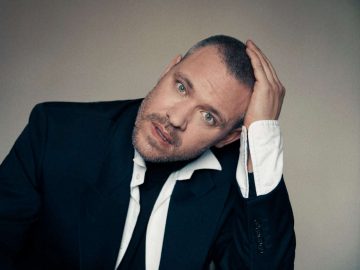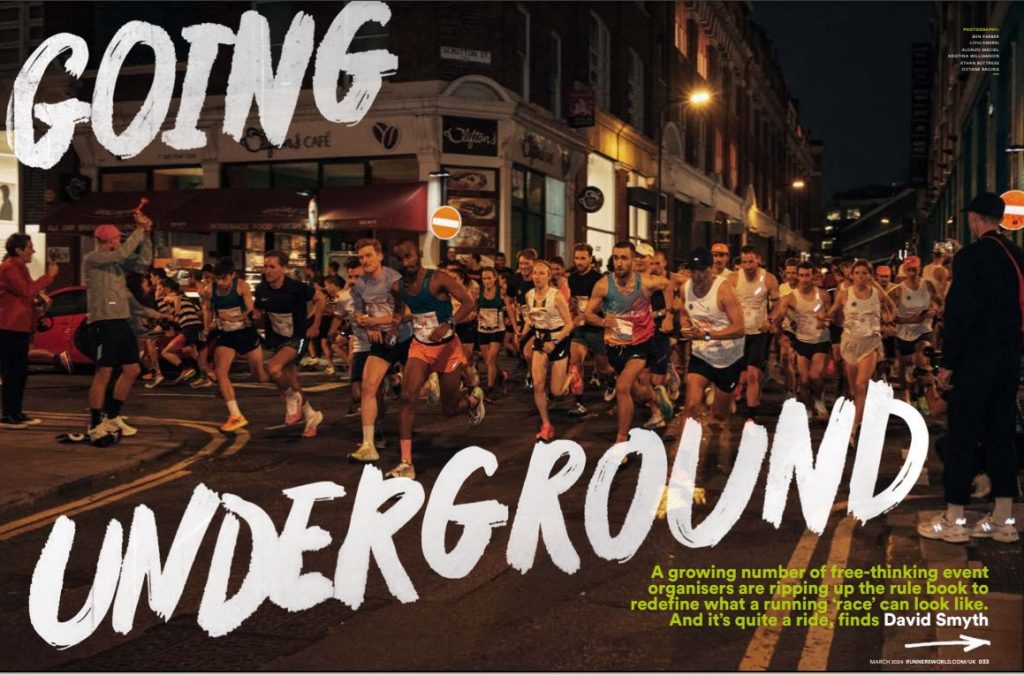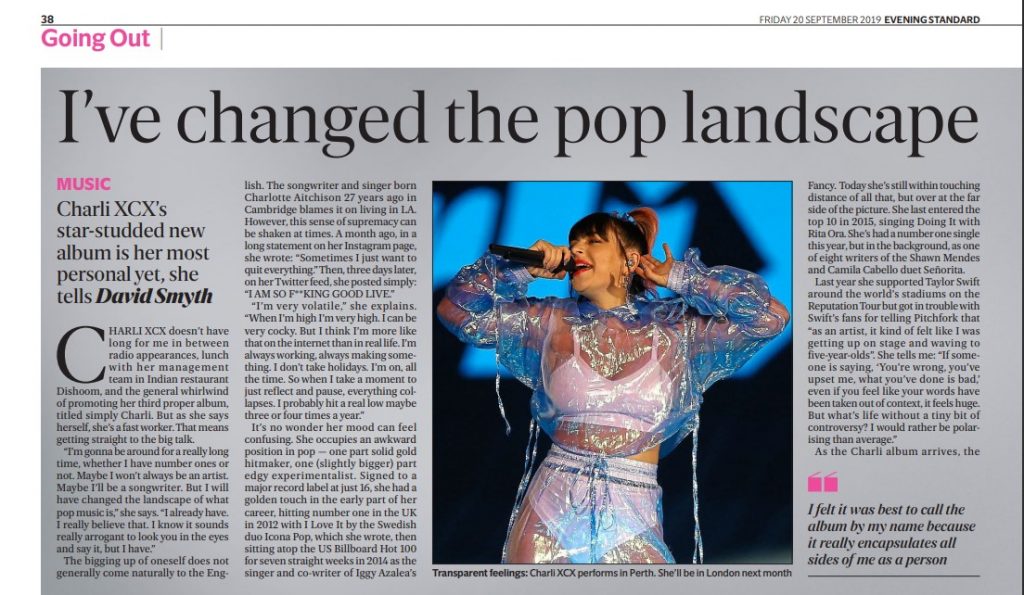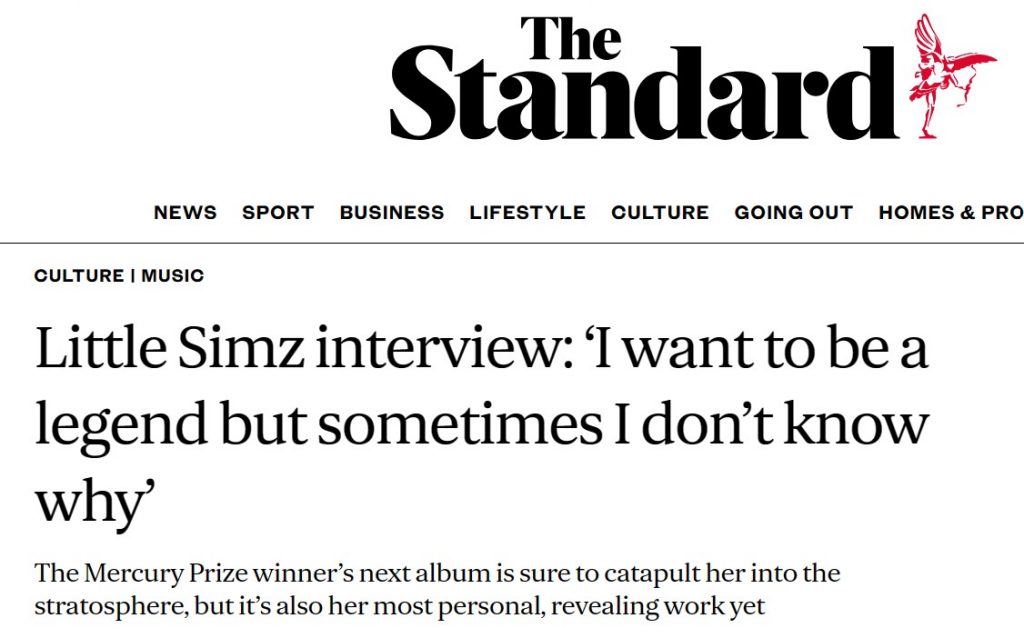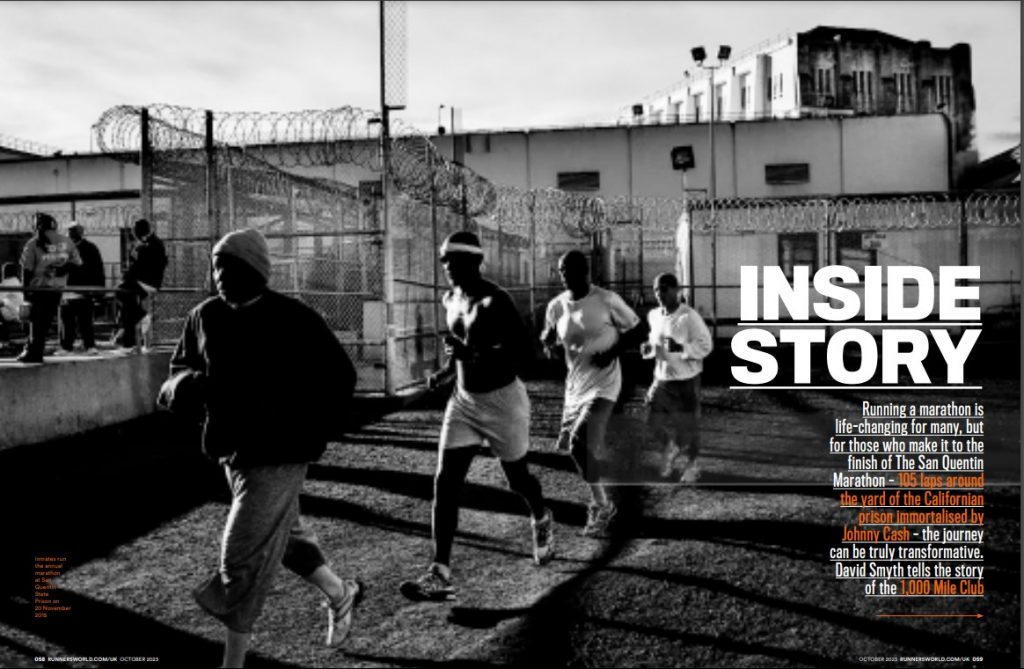In what must be one of the largest cases of the blind leading the blind ever recorded, Amadou and Mariam are about to put on three extraordinary concerts in east London. It will be pitch black.
The shows, called Eclipse, are an unusual opportunity for fans of the married couple fromMalito experience their fiery African blues rock from the perspective of its creators. Both lost their sight as children, Amadou Bagayoko from a congenital cataract when he was 16, and Mariam Doumbia when she contracted measles at just five. “It’s always like this for us but for everyone else it’s a new way of listening to music,” Amadou tells me. “Everything becomes different.”
He speaks to me fromParis, in the country where they first reached an audience outsideAfrica, where Amadou and Mariam base themselves when touring. They mainly live in Bamako, Mali’s capital, where the couple (he 57, she 53) have three children. The middle son, Samou, is a rapper.
Speaking in French, Amadou is joined on translation duties by Marc-Antoine Moreau, their French manager, producer and artistic director since the mid-Nineties. Mariam is indisposed today. Moreau, who conceived Eclipse with his charges, tells me what it feels like for a person with sight to spend an entire concert unable to see. “The people have a very different reaction to the music in a fully dark venue,” he says. “In a normal venue you are all together, facing the stage – it’s a communal experience. In the dark you are really concentrated on yourself. It’s much more personal.”
Reviewers who experienced the concert in the summer, where it was first shown (if that’s the word) as part of the Manchester International Festival, suggested that the audience couldn’t let their hair down as they would at a normal Amadou and Mariam show. His snaking guitar, inspired by Jimi Hendrix and James Brown as much as west African sounds, and their rousing, intertwining vocals, are usually impossible not to dance to, and their songs have been euphoric highlights of Damon Albarn’s Africa Express happenings uniting African musicians with British and American stars. “At this show, the audience and also the musicians are all sitting down,” says Amadou. “Everybody is more concentrated and it makes the music more subtle.”
But they won’t just be listening. This is a full sensory experience – minus one key element of course. As a narrator tells the story of the pair’s journey from meeting and joining the band atBamako’s Institute for Young Blind in 1977, to France via the Ivory Coast to beome the biggest-selling act fromAfricathis century, the audience should feel as if they are travelling this long road too. Changes to the air conditioning will make the room hot and then cold, while surround-sound interludes aim to take you toAfricain your mind.
“People will imagine they’re in Mali through the smells, the sounds, the heat and the wind,” says Moreau. There’s an incense smell you get in the mornings inAfrica, a kind of pollution smell when we take you to the market, and later a perfume created specially for Amadou and Mariam.”
Such an unorthodox performance requires rules: “No phones, no cameras, go to the bathroom before and women, please don’t wear big shoes. We give everyone a charter before they go in.”
But it’s worth the extra effort to hear such a great story. Amadou started his musical career in Les Ambassadeurs du Motel deBamako, a collective that also produced the Malian great Salif Keita. At the same time he was performing with Mariam, just their voices and his guitar. Right from the beginning they were straying from the conventional sounds of their country. “When we started to work, we were always trying to create our own style, whereas a lot of other musicians, when they started, they started with tradition.”
They moved south to Abidjanin the Ivory Coast due to lack of recording facilities in Mali and released six cassette albums.The highlights can now be heard on the CD 1990-1995: The Best of the African Years (Because Music). In 1996 they were invited to play as resident musicians for six months in an African restaurant in Paris, where Moreau met them and went on to get them a French record deal. Three CD albums strengthened their reputation before a 2005 collaboration with French superstar Manu Chao, the album Dimanche a Bamako, finally sent them international. It sold half a million copies, an extraordinary number for a world music release.
Since then they have travelled even further from African traditions and become popular collaborators, working with Damon Albarn and Somali Canadian rapper K’naan on their last album, 2008’s Welcome to Mali, playing with Johnny Marr at Africa Express and David Gilmour at their own London concert in 2009, and supporting Scissor Sisters and Coldplay at arena shows. A new album due next year sounds even more daring, with partnerships with Scissor Sisters singer Jake Shears as well as experimental Americans Santigold, TV on the Radio and Theophilus London. “Musicians who are fans will get in touch with us, and we like to create surprises,” says Amadou.
It doesn’t sound as if blindness has been much of a hindrance to a remarkable career. “We were more determined, and pushed harder because of it. We were encouraged more than anything – people were impressed that blind people could do this much.”
Now we can have a temporary taste of the way they have always experienced music. “You will get a much clearer idea of the dark.”


